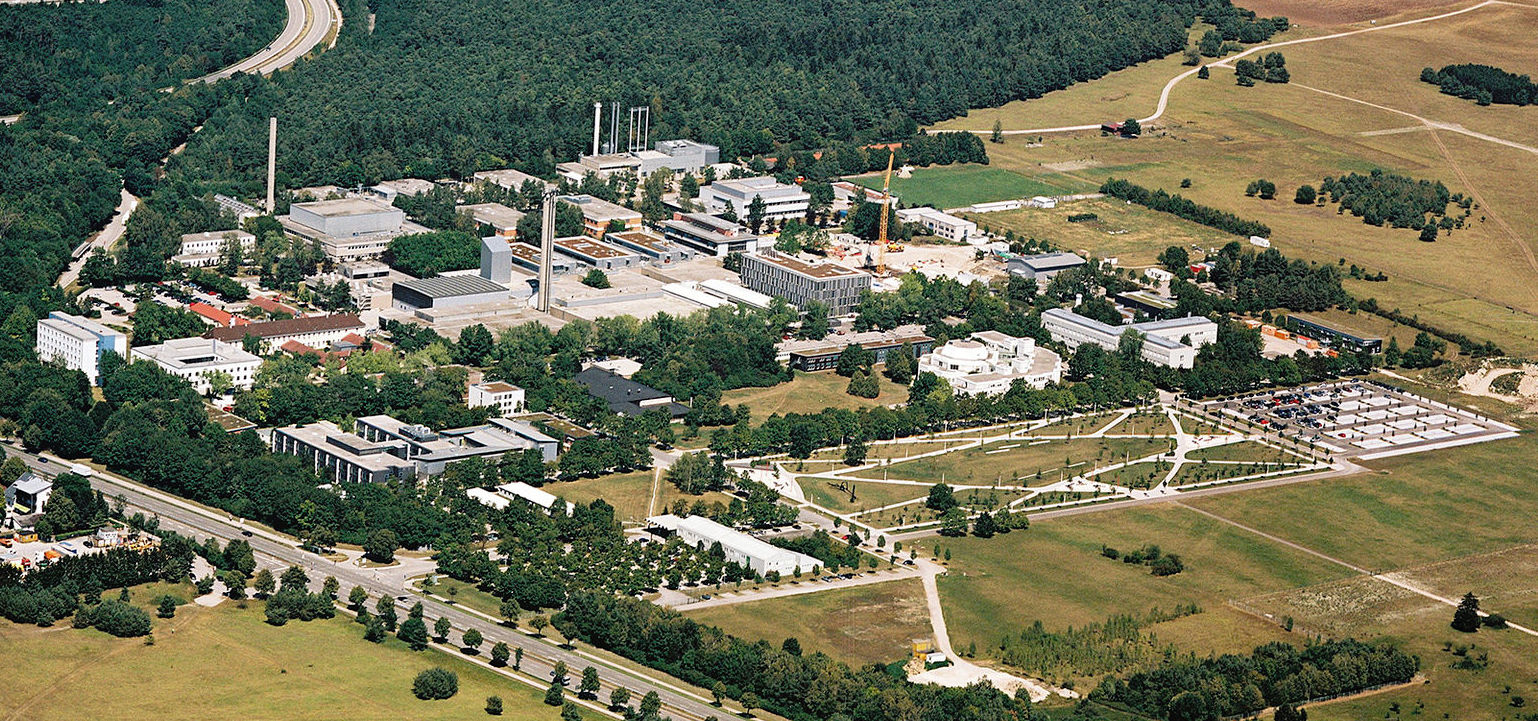
Helmholtz Munich is the German Research Center for Environmental Health. It investigates important common diseases which develop from the interaction of lifestyle, environmental factors and personal genetic background, focusing particularly on diabetes mellitus and chronic lung diseases. Helmholtz Zentrum München is a research institution of the Federal Republic of Germany and the Free State of Bavaria. It is a memeber of the Helmholtz Association of German Research Centers.
Excellent basic research is the foundation of scientific work at Helmholtz Zentrum München to which 40 scientific institutes and departments contribute. Their scientific competencies are linked with regard to content and thematically through strategic programs of the Helmholtz Association and are financed through program-oriented funding (POF). Thus, complex questions and problems relevant to science, society and the economy can be explored beyond the boundaries of institutions and disciplines.
The studies within this project will be perfomed in the Chemoinformatics group, which is part of the Institute of Structural Biology. Its main expertise in development of computational tools for drug discovery, including Virtual Computational Chemistry Laboratory (VCCLAB) https://www.vcclab.org and On-line CHEmical Modeling Environment (OCHEM) https://ochem.eu.
HMGU fellows: Peter Hartog, Paula Torren Peraire, Varvara Voinarovska
